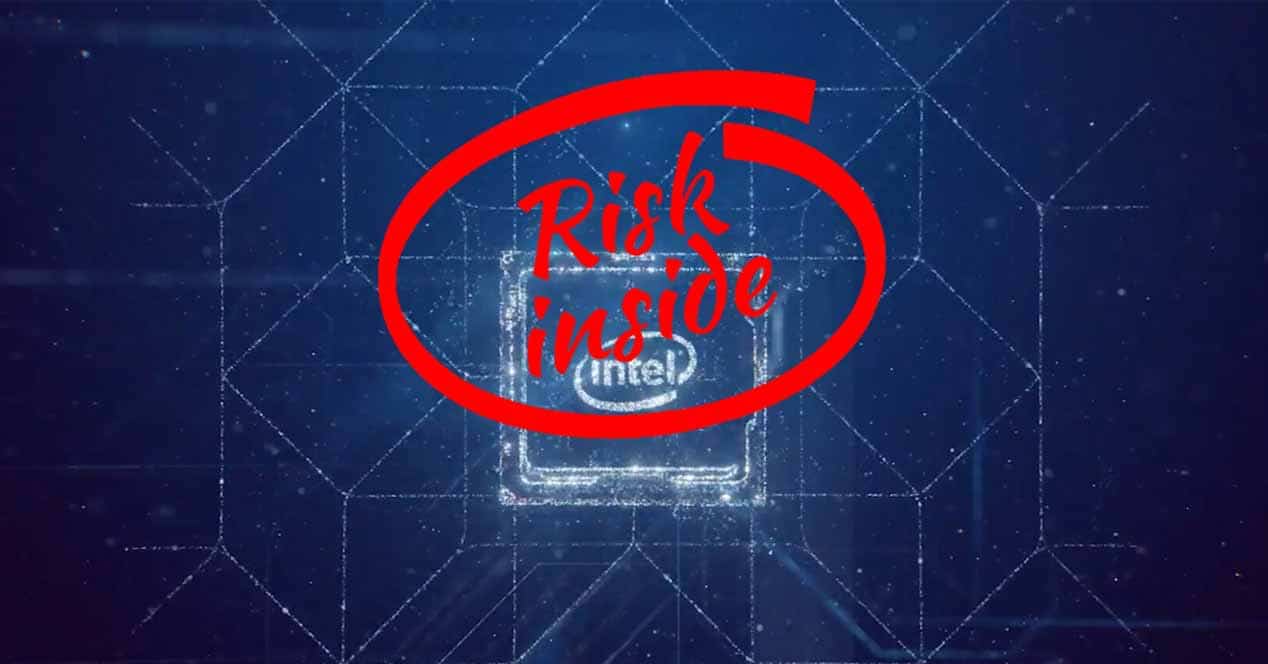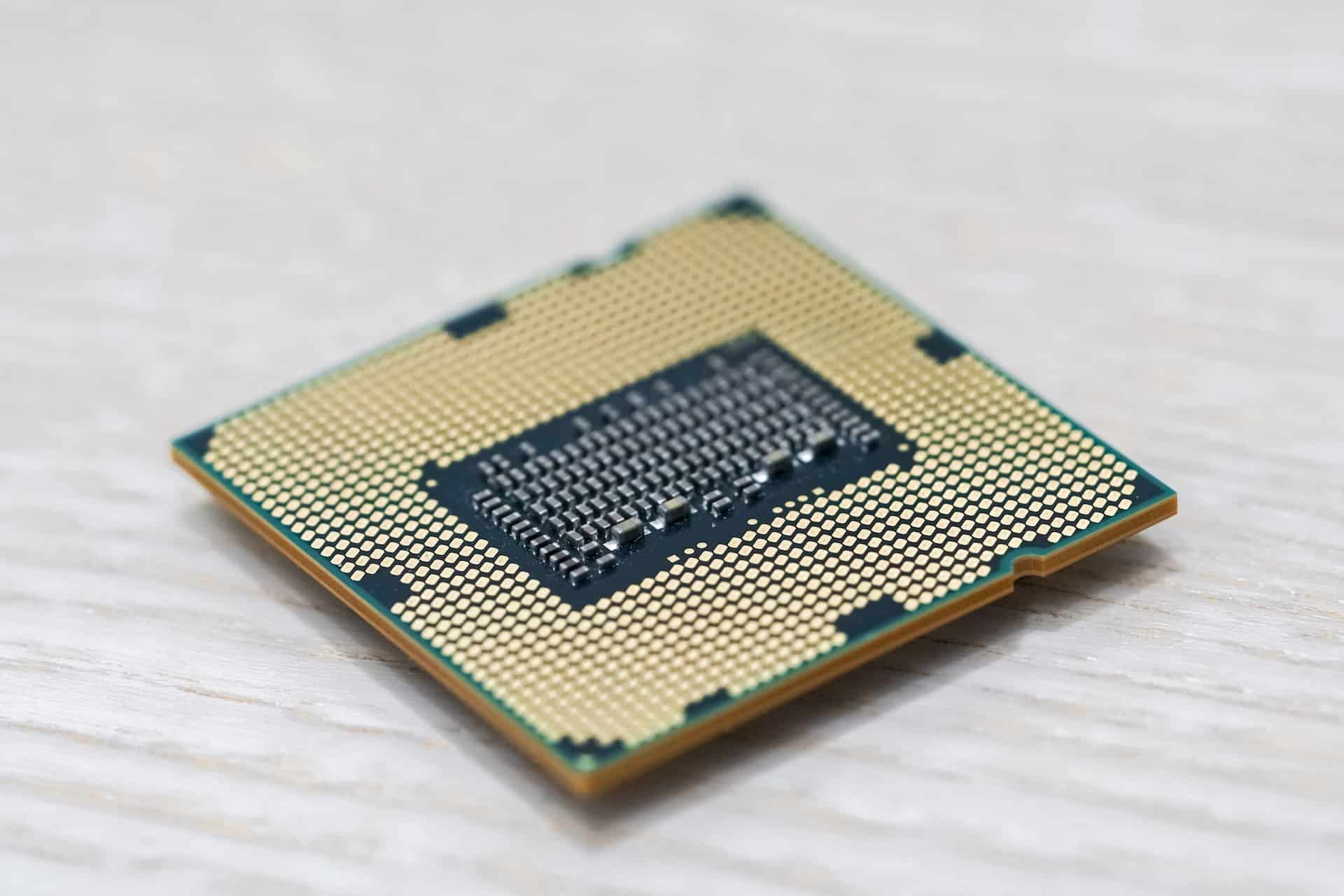Lately to Intel they keep complicating things. If your situation is not good at all with AMD pressing you on all fronts coupled with the supply problems you have, now the vulnerabilities of its processors and chipsets They continue to scourge them, to the point that many users already doubt whether they should buy an Intel processor just because they are not affected by all these problems.
Vulnerabilities continue to haunt Intel
Already last month we talked about the vulnerability known as CVE-2019-0090 and its magnitude. This affects almost all the chipsets (PCH) of the brand of the last five years and not at the software, but at the hardware level. Specifically, affects the CSME system (Converged Security and Management Engine) which is in charge of managing the security of the SoC, a kind of "black box" that audits everything that enters and leaves the processor to verify that it is correct.
This vulnerability has been unveiled for nearly two months and Intel has not yet managed to fix it and, in fact, it was initially thought that there would be no solution. What Intel has done is publish a whitepaper in which they say "the measures they are going to take", which promise a firmware update which in theory will close the security gap.
This document confirms that all older chipsets are also potentially affected, although they emphasize that this security breach has not been used outside of a test scenario, i.e. there is no evidence that it has ever been exploited or that can even be done.
The worst thing of all is that now in the month of April they have appeared new vulnerabilities affecting Intel, some that affect servers but others much more worrisome that affect the Intel NUC firmware (rated with a severity of 7.8), at WLAN chip or the brand driver installation wizard.
Chipsets without vulnerabilities and future prospects
Intel affirms that it does not stop fighting against these vulnerabilities, and the truth is that things must be complicated given the time it is taking them. In any case, the firm has confirmed that the next chipsets released to the market will no longer have any of these vulnerabilities that we have told you about, including:
- Icelake (ICP-LP and ICP-N PCH)
- Cometlake (CMP-LP, CMP-H and CMP-V PCH)
- Tigerlake (TGP-LP and TGP-H PCH)
- Lakefield (LKF SoC)
- Whitley (PCH LBG-R)
- Idaville (CDF PCH)
- Jacobsville (CDF PCH)
- Eagle Stream (EBG PCH)
- Tatlow (TGP-H PCH)
The company's intention is of course to provide users processors, chipsets and in general systems as secure as possibleBut let's remember that these vulnerabilities that appear from time to time are nothing more than deficiencies in the design of the brand's systems that could have been solved if they had been detected before launching them onto the market.















